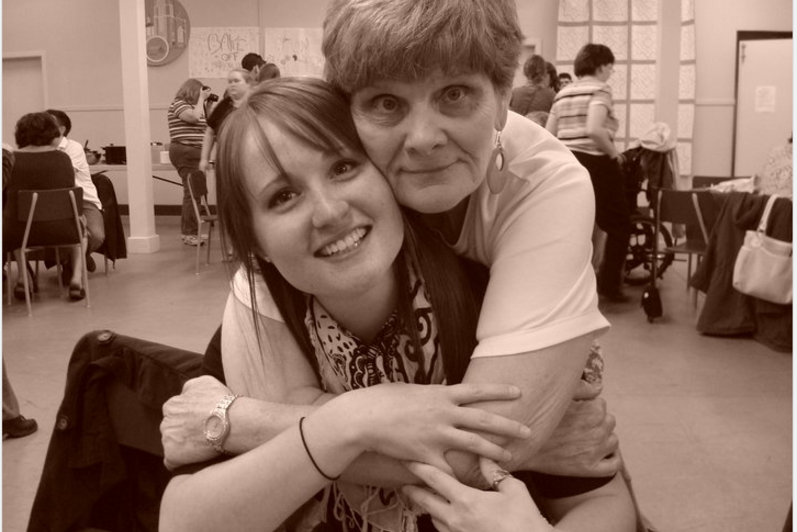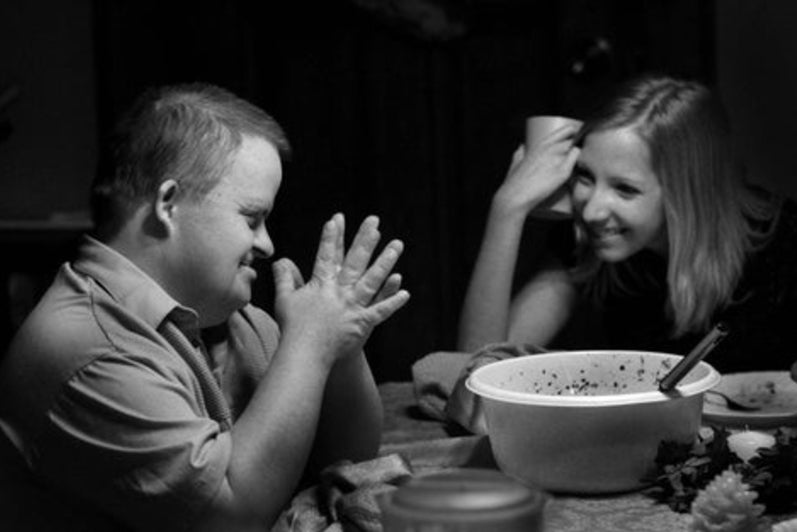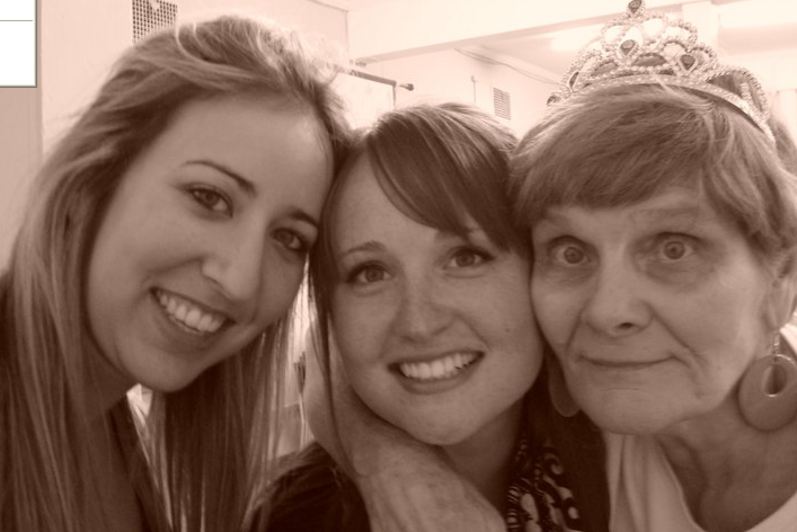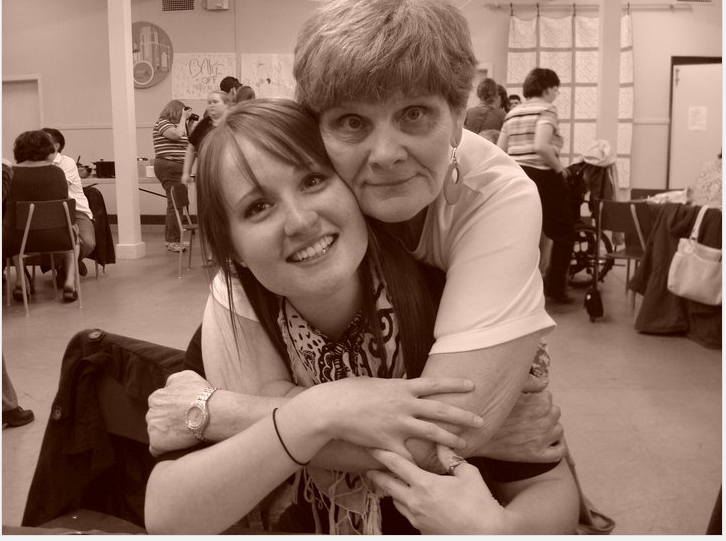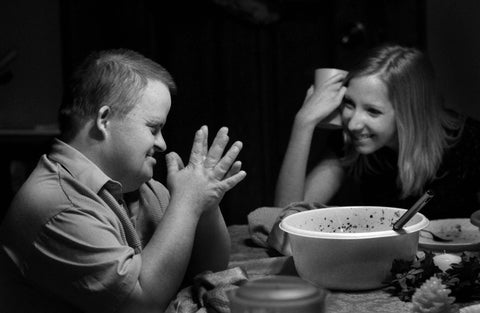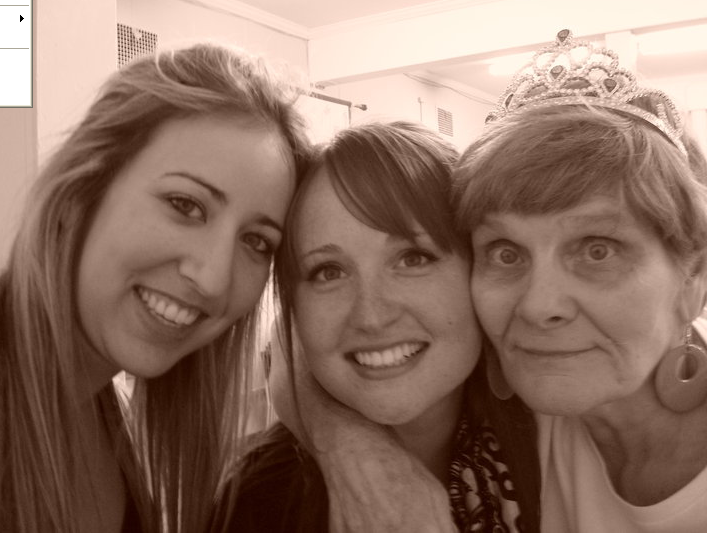Waterloo Psychology co-op students are helping the most vulnerable populations
By: Krista Henry (she/her)
An understanding of human behaviour paired with strong applied-research skills is helping Waterloo Psychology co-op students serve the most vulnerable people in society.
The global pandemic has meant declining mental health and wellness for many people—especially vulnerable populations. As a result, organizations have a high demand for staff that are skilled in analyzing problems, detecting meaningful patterns, and providing an empathic approach. Co-op students who are studying psychology often have these skills and are playing a big role in organizations who support vulnerable populations.
House of Friendship and L’Arche are two non-profit organizations that have found these skills, and the co-op students who apply them, valuable in serving their clients.
“These (psychology) students are great writers that think critically,” says Jennifer Scott (she/her), volunteer manager at House of Friendship. “They ask great questions and they're able to see the work that we do through a different lens.”
House of Friendship provides food, housing, addiction treatment and neighbourhood support to individuals and families in the Waterloo Region. The organization serves more than 42,000 individuals and families who are often vulnerable, new to Canada and living on a low income.
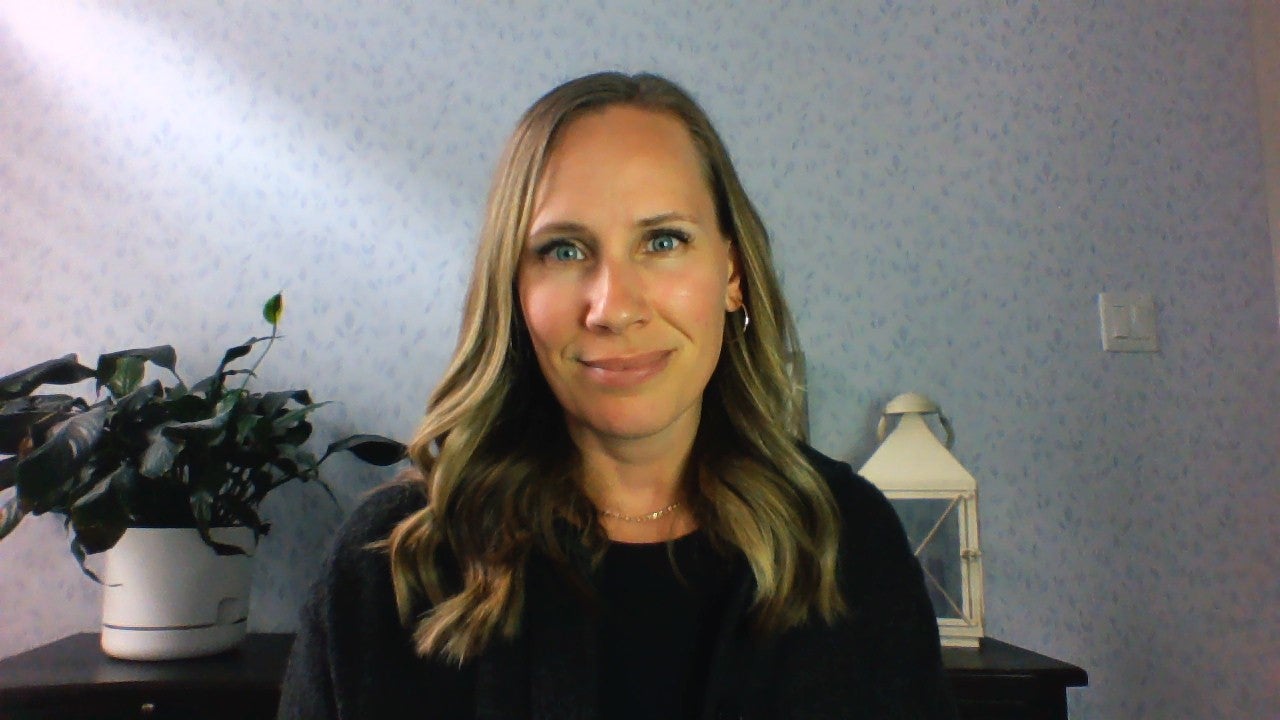
Jennifer Scott (she/her)
Volunteer manager at House of Friendship
Our co-op students think outside of the box. Students bring a fresh perspective and are often great at project management. They're also great interpersonal communicators who treat everyone they interact with in a respectful way.
Establishing connections with emerging talent
L’Arche is a worldwide organization that creates communities where members, with and without intellectual disabilities, share life together. L’Arche Canada wants to make a strong connection with emerging talent and finds that co-op students infuse new enthusiasm into their work. The organization creates communities where members, with and without intellectual disabilities, share life together. Currently there are 28 L’Arche communities across Canada and co-op students support several of them.
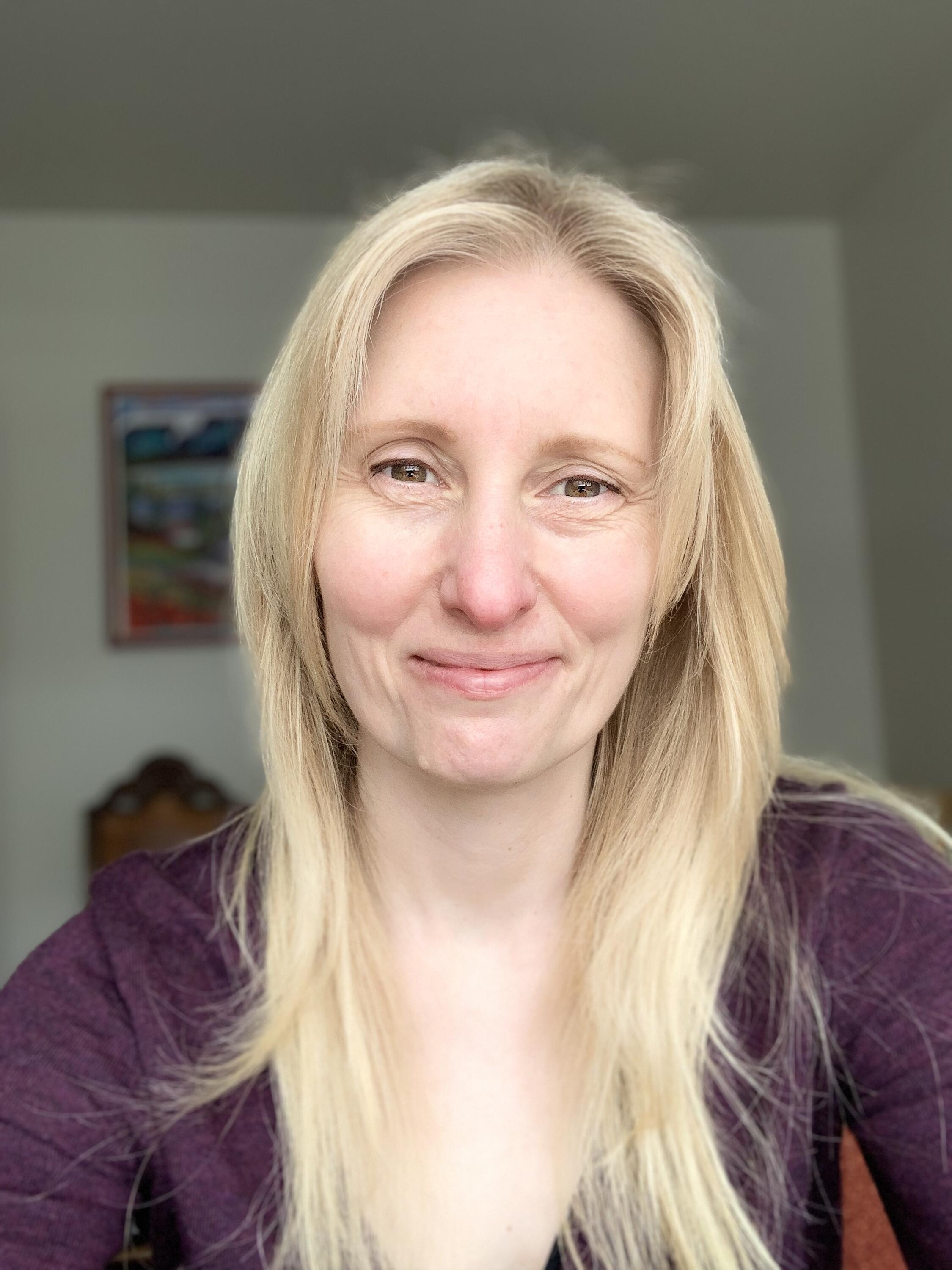
Elizabeth Nash (she/her)
Recruitment coordinator at L’Arche Canada
“Our Psychology co-op students have an openness to learn about themselves. They are open to the process of learning the ways that they can be leaders,” says Elizabeth Nash (she/her), recruitment coordinator at L’Arche Canada. “They also really have a sense of empathy and compassion which is really important for us.”
Across Canada, L’Arche hires co-op students as vocational/residential assistants and community assistants. Students help with day-to-day caregiving, learning how to help people with disabilities and assisting with their personal care.
“They (co-op students) are good at helping our community enjoy life and be able to have joyful moments,” says Nash. “They do this by creating wonderful, welcoming spaces for people to feel like they belong and can be themselves.”
Making an equitable impact
Scott believes psychology co-op students from the University of Waterloo are not only making an impact on the House of Friendship, but also on the larger community in Waterloo Region. She hopes they will take their newfound knowledge of working with marginalized communities into their future careers.
“Students learn how we approach our work, how to engage with a vulnerable population. Even if they don’t end up working in non-profit full-time, they have that understanding,” says Scott.
“Now, they are asking great questions like why are there so many inequities in our society? We want to feed that curiosity to help shape their future careers.”
Meanwhile at L’Arche, students are learning more about the experiences of people with disabilities. “Co-op students are learning how to be with people in that space and end up learning a lot about themselves and their values,” says Nash. “They come to us and be themselves, open and feel a sense of belonging. They often leave reflecting on what they really want to do with their lives.”
The value of co-op for non-profits
The non-profit industry continues to find value in hiring co-op students throughout their organizations. The University has partnered with United Way Waterloo Region for the Co-op for Community program—A donor-funded program that creates meaningful co-op jobs for Waterloo students from all disciplines to work at local non-profits affiliated with the United Way. Donations to the program go directly to support Waterloo co-op students.
